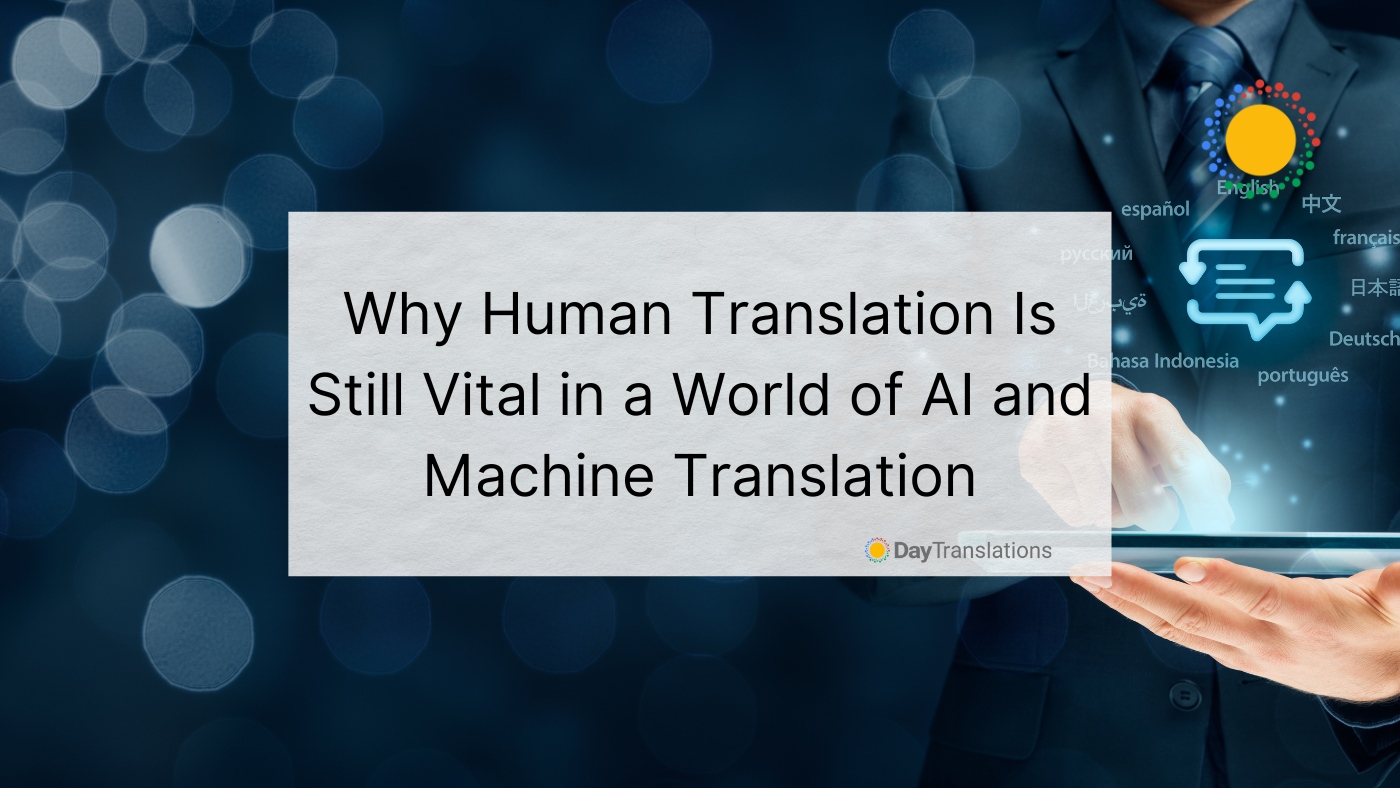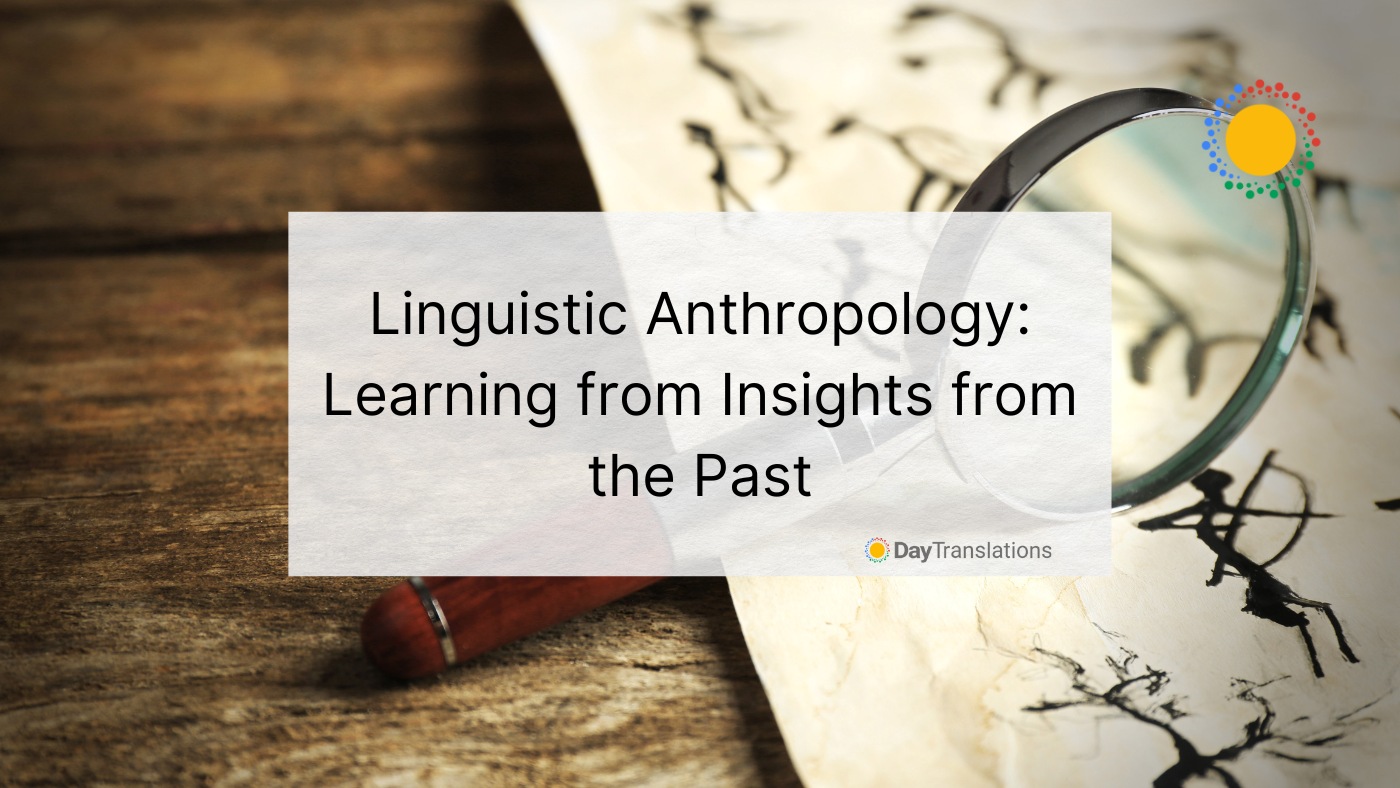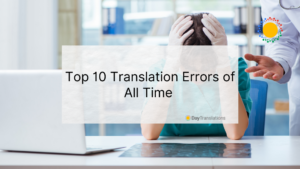The rapid advancement of artificial intelligence (AI) and machine translation has undoubtedly revolutionized the way we communicate across languages and cultures. With just a few clicks, we can now access translations of websites, documents, and even real-time conversations with people who speak different languages. However, despite the convenience and efficiency offered by these technologies, human translation remains an essential component in bridging language barriers. This article explores the reasons why human translation is still vital in today’s world of AI and machine translation.
Factors Reinforcing that Human Translation is Still Vital
1. Cultural Nuances and Sensitivity
One of the most significant limitations of machine translation is its inability to grasp the cultural nuances and sensitivities that are inherent in human communication. On the other hand, professional translators have a deep understanding of the cultures associated with their target language pairs. Professionals can accurately interpret the original meaning of idiomatic expressions, slang, and other culturally-specific phrases that machine translations often struggle to translate. This level of cultural awareness ensures that content translated by professional linguists is accurate, contextually appropriate, and respectful of the target audience.
2. Creativity and Adaptability Neural Machine Translation Cannot Grasp
Language is a dynamic and ever-evolving communication medium, constantly emerging new words and phrases. Human translators possess the creativity and adaptability required to navigate these linguistic changes, while machines often need to catch up. Additionally, humans can effectively translate literary works, marketing materials, and other content that requires a creative touch. Tools within the neural network, however, tends to produce literal translations devoid of the intended emotion or tone, which can lead to semantic errors.
3. Accuracy and Quality Control
Although machine translation has come a long way in recent years, it still needs to catch up regarding accuracy, particularly for complex or specialized texts. This is one of the biggest reasons AI won’t replace human translators soon. Language professionals have the expertise and knowledge to ensure that translations are precise and maintain the integrity of the original content. Furthermore, human translators can review and edit their work, ensuring that the final product is of the highest quality. This level of quality control is crucial for legal, technical, and medical translations, where even minor errors in word-for-word translation can have serious consequences.
4. Empathy and Emotional Intelligence Aspect of Human Translation
Emotions play a significant role in human communication, and understanding the emotional context of a text is essential for accurate translation. Human translations performed by experts possess the empathy and emotional intelligence necessary to interpret and convey emotions effectively, while neural machine translation is limited in this regard. This ability is particularly important when translating personal documents, such as letters or memoirs, where capturing the author’s emotions and intentions is crucial.
5. The Need for Human-Machine Collaboration
Despite the limitations of machine translation, it is undeniable that AI and machine learning technologies have valuable applications in the field of translation. By combining the strengths of both human professionals and machine translation, we can achieve more efficient and accurate translations. For example, machine translation can be used as a starting point for human translation specialists, who can then refine and edit the content to ensure its accuracy, cultural appropriateness, and emotional resonance in the target languages. This human intervention can help improve the accuracy of translation projects and minimize translation errors induced by translation tools such as Microsoft translator.
6. Confidentiality and Security
Another advantage of human translation is the ability to maintain confidentiality and security. Ethical codes bind human professionals and can be trusted to keep sensitive information private. They also have a deeper understanding of cultural nuances and the potential impact of certain words or phrases on a particular audience. In contrast, machine translation can pose a risk to privacy and security, as it may not have the ability to recognize confidential information or adhere to ethical standards.
7. Flexibility and Customization of Human Translation Services
Human translation offers a level of flexibility and customization that is difficult to achieve with machine translation. Human linguists can adapt to specific client needs and preferences, tailoring translations to meet individual requirements. This includes factors such as tone, style, and formatting, which can significantly impact the effectiveness of a translation. Additionally, a human translator can provide additional services such as localization and cultural consulting, ensuring that the final product is accurate and culturally appropriate for the target audience.
8. Subject Matter Expertise from Human Translators
Many texts require specialized knowledge and expertise to translate accurately. For example, legal documents require a deep understanding of legal terminology and concepts, while medical documents require knowledge of medical terminology and procedures. A human translator with subject matter expertise can ensure that translations are accurate and precise, while artificial intelligence often needs help with specialized language and concepts.
9. The Human Touch
Finally, it is important to recognize the value of the human touch in translation. Translating a text requires more than just converting words from one language to another; it requires understanding the author’s intentions, emotions, and cultural context. Human translators bring a level of nuance and sensitivity to their work that machines cannot replicate. While technology can certainly enhance the translation process, the human element remains essential for producing high-quality translations.
Human Translation Still Reigns Supreme
While artificial intelligence and machine translation have undoubtedly transformed how we communicate across languages, human translation remains indispensable in bridging language barriers. The unique skills and expertise of human translators, including their cultural sensitivity, creativity, accuracy, and emotional intelligence, ensure that translations are not only accurate but also meaningful and engaging. By embracing the collaboration between humans and machines within the translation industry, we can harness the best of both worlds and continue to break down linguistic barriers in our increasingly interconnected world.
As technology continues to advance, we can expect to see more sophisticated machine translation tools that incorporate AI and machine learning technologies. However, it is important to remember that the value of professional human translation lies in its ability to capture the nuances and subtleties of language that machine translation technology is currently unable to replicate.














Sorry, the comment form is closed at this time.